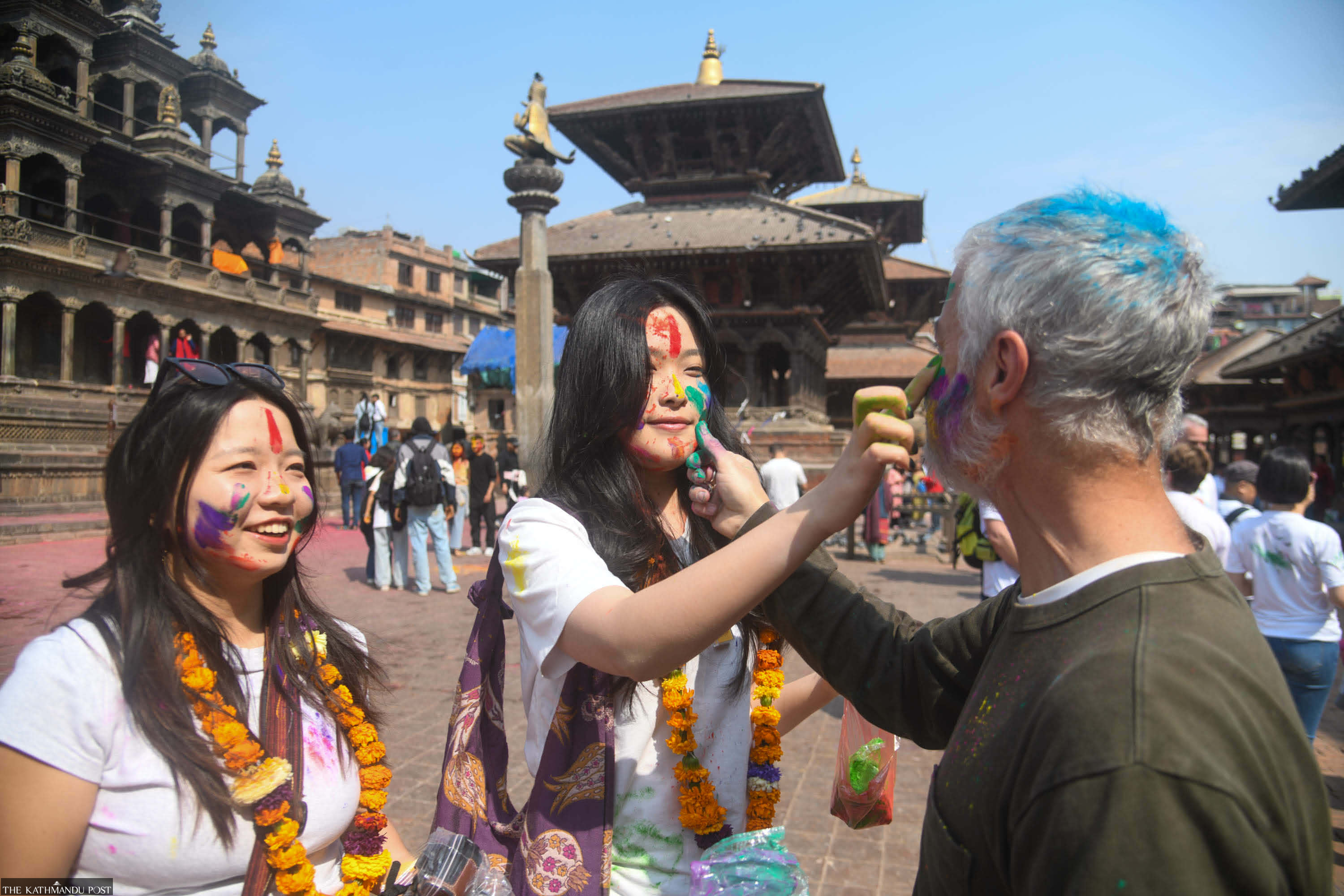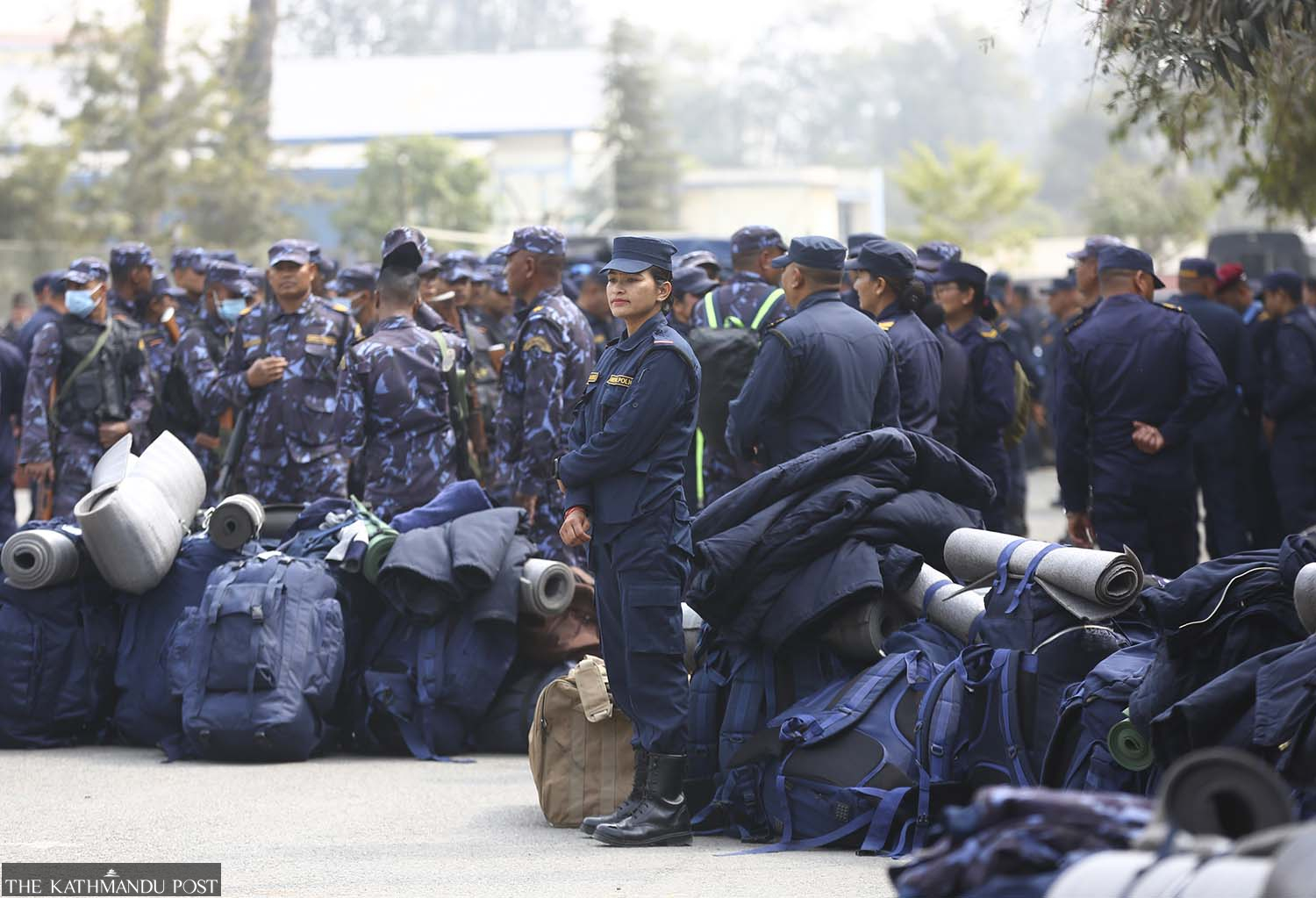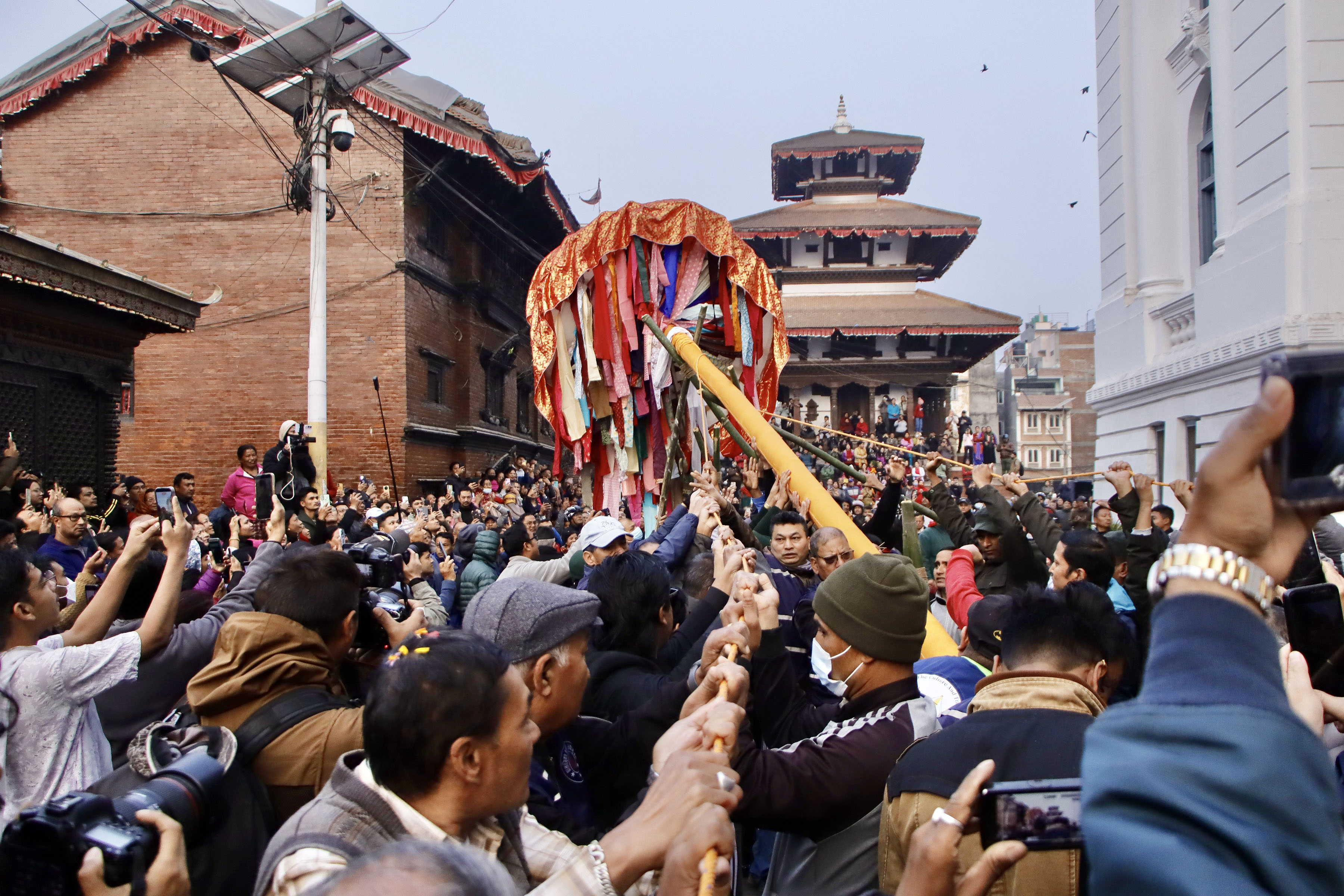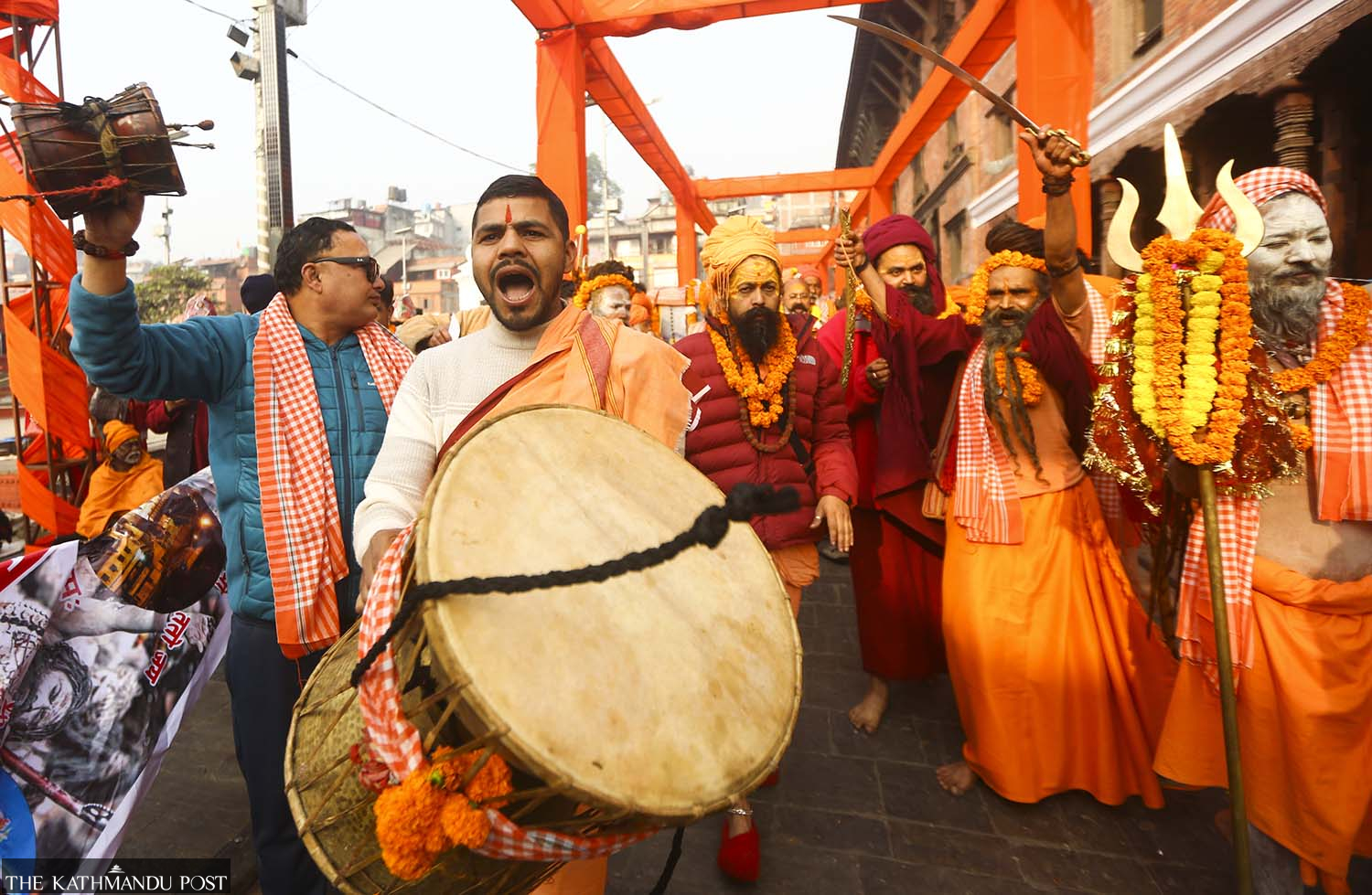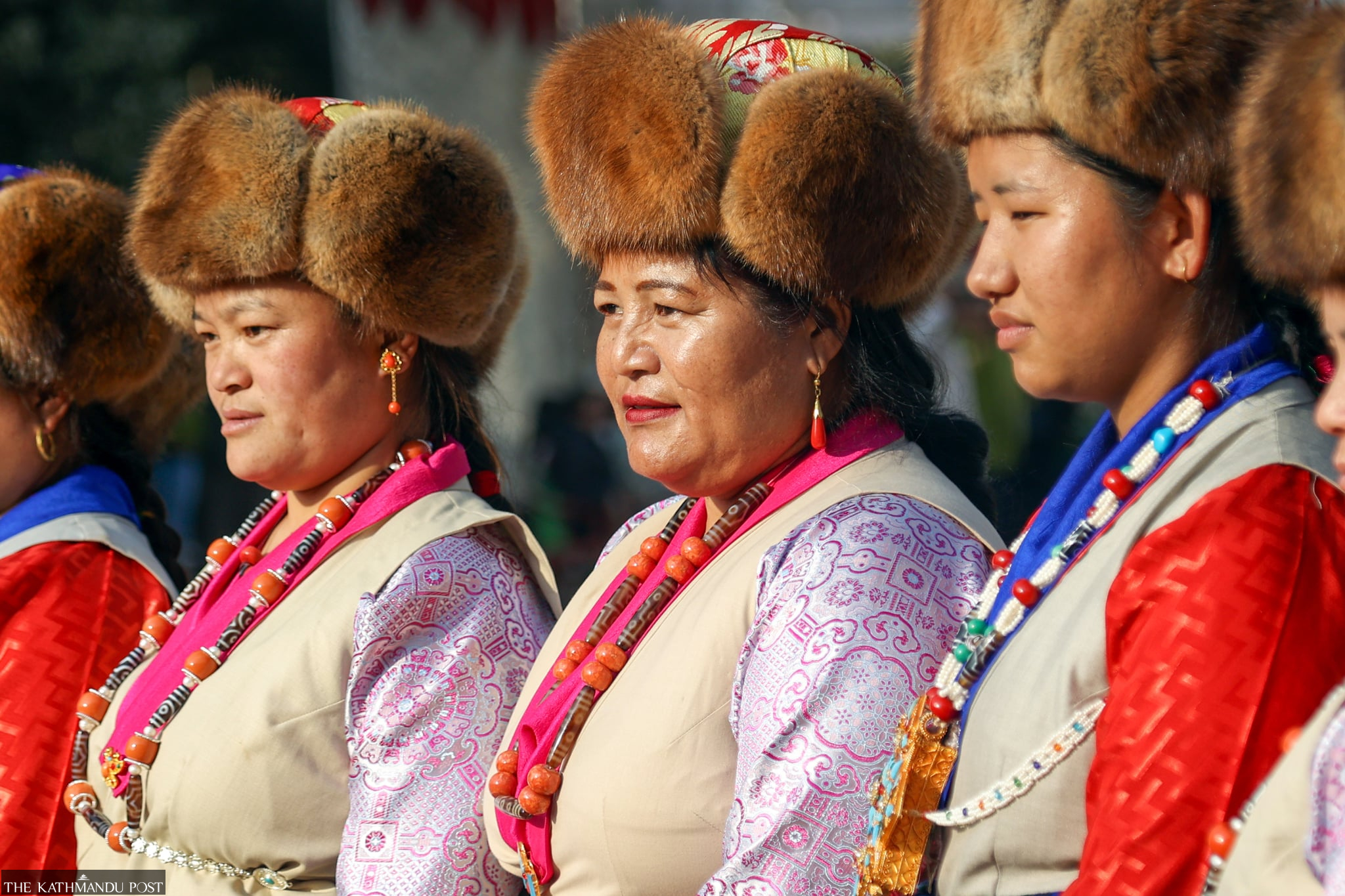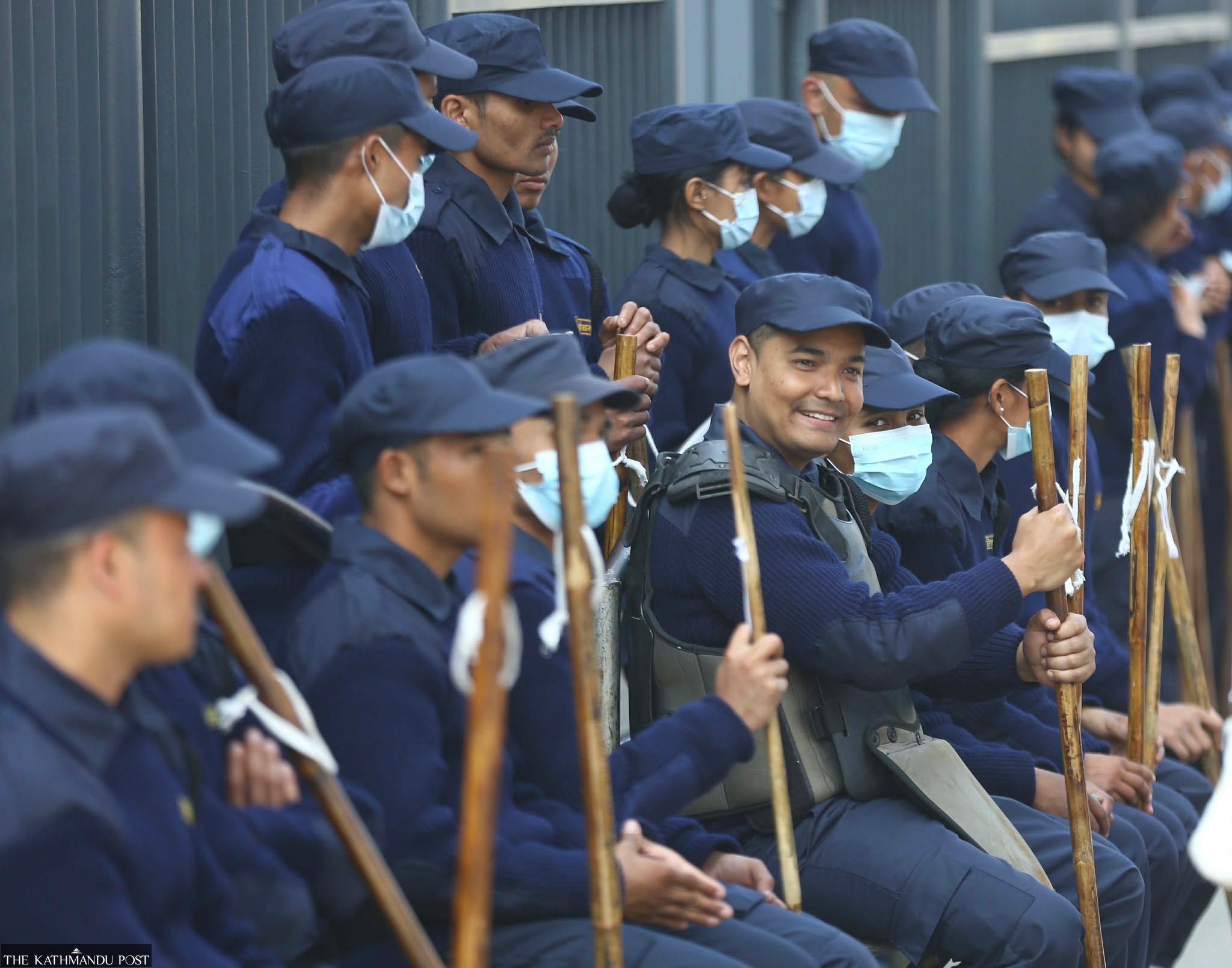Visual Stories
Meet the man who is still battling bigotry
Kami first came to Kathmandu as a 17 year old in 1990, after running away from his childhood home in Tehrathum. Because he was born into a rural ‘Dalit’ family he faced discrimination from when he was young.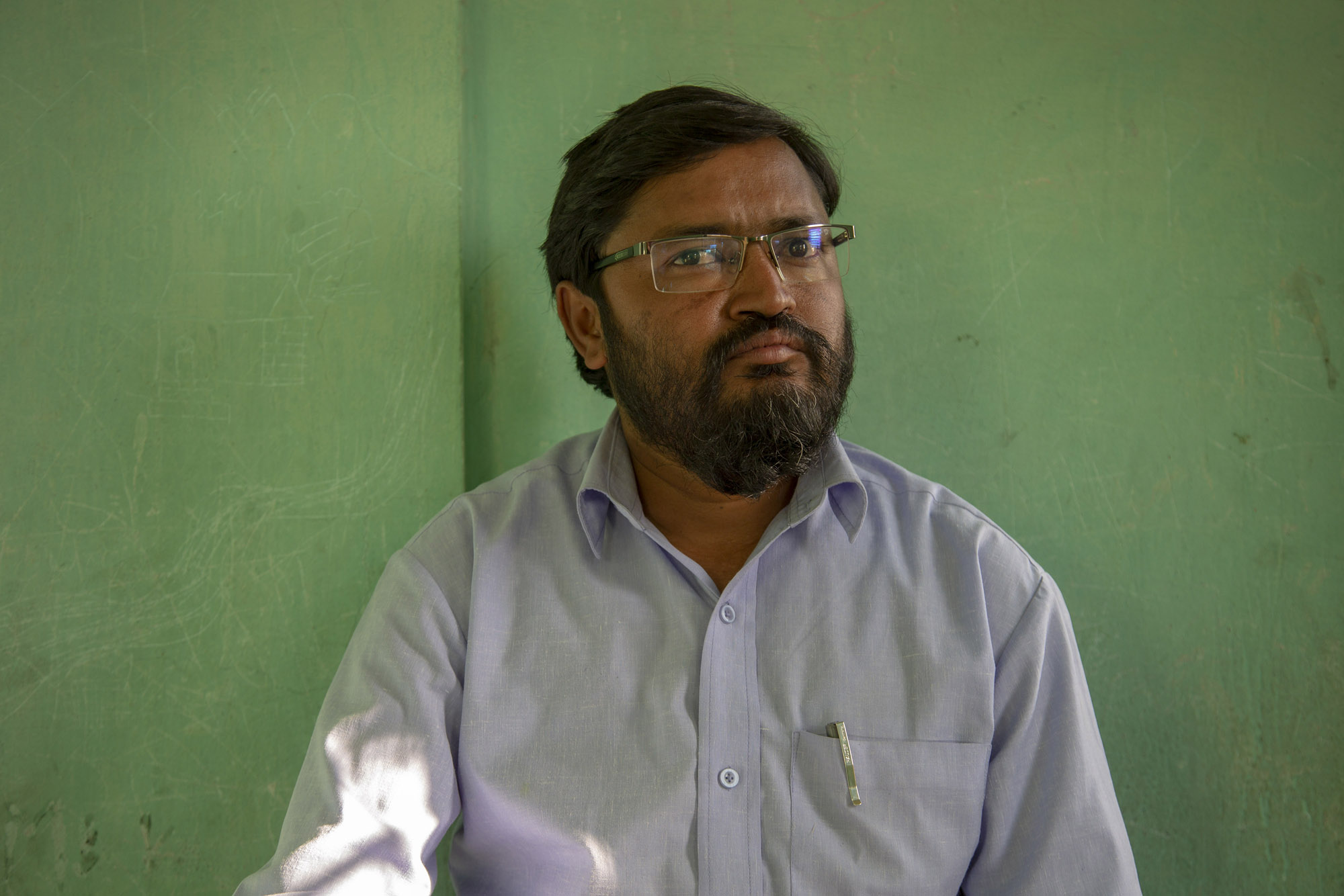
Prakash Chandra Timilsena
Hidden behind the sprouting high rises on either side of the Bagmati River, Dal ‘Mosa’ Mardan Kami and his family live in a small hut. They are one family of many in the squatters’ neighbourhood behind Paropakar Maternity and Women’s Hospital in Thapathali.
It has been 13 years since he first called the hut his home. Kami first came to Kathmandu as a 17 year old in 1990, after running away from his childhood home in Tehrathum. Because he was born into a rural ‘Dalit’ family he faced discrimination from when he was young. In running away to the Capital, Kami was attempting to escape the social prejudices he faced at home. He did not know what a long journey he faced, however.
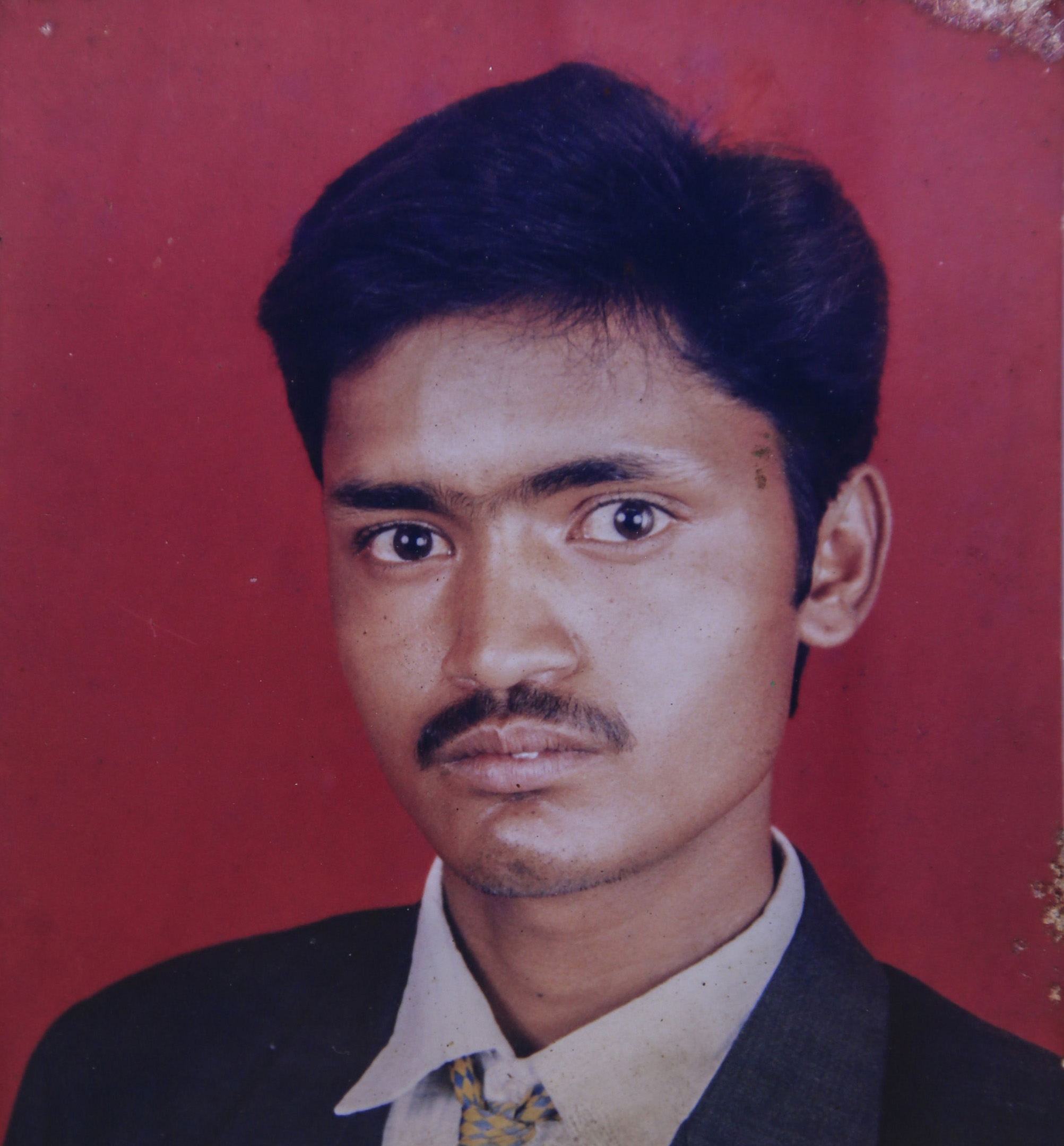
On arriving in Kathmandu, he changed his name to Ganesh Karki to get a job or shelter. After working in a carpet factory for two years, his colleagues came to know his real name.
“Everything I had been avoiding had come back,” says Kami, who was forced to relive his worst days in his home village. The realities of caste discrimination were a reminder of what he was trying to escape. Growing up, his classmates would toss their lunch out if he touched it; his family was not allowed to even set foot in so-called higher castes’ houses.
He ended up embracing his birth name, despite trying to escape his identity, even if it meant he would remain jobless, moneyless, and hungry for days on end. In embracing his identity once more, he met with Dalit rights activists.
This catapulted him towards politics and advocacy, which has landed him in prison three times, and he is now associated with the Samajwadi Party with Dr Baburam Bhattarai. He even stood as a candidate for provincial assembly in constituency number 1 from Dharan but lost the election.
Even though the country has gone through upheaval politically, and Nepal's constitution outlawed caste-based discrimination, Kami says an equal and non-discriminatory society is still a long way away.
“I have struggled with poverty all my life. My parents used to make khukuris and hoes but it wasn’t enough to survive. I still get emotional when I remember the bigotry I, and others from my community, have had to face until now,” he says. “I now suffer from heart problems too, but I will fight for equal rights until my last breath.”
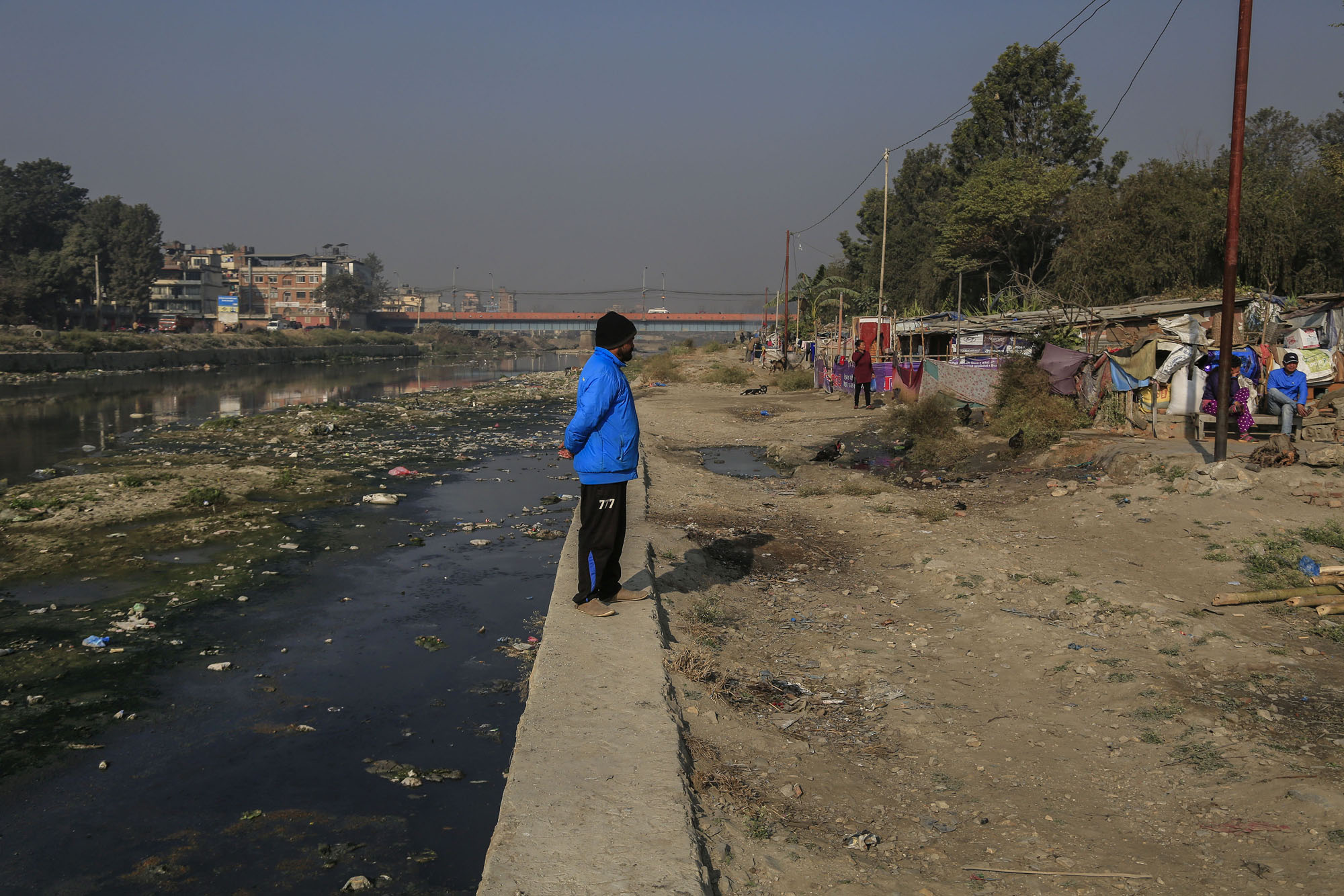
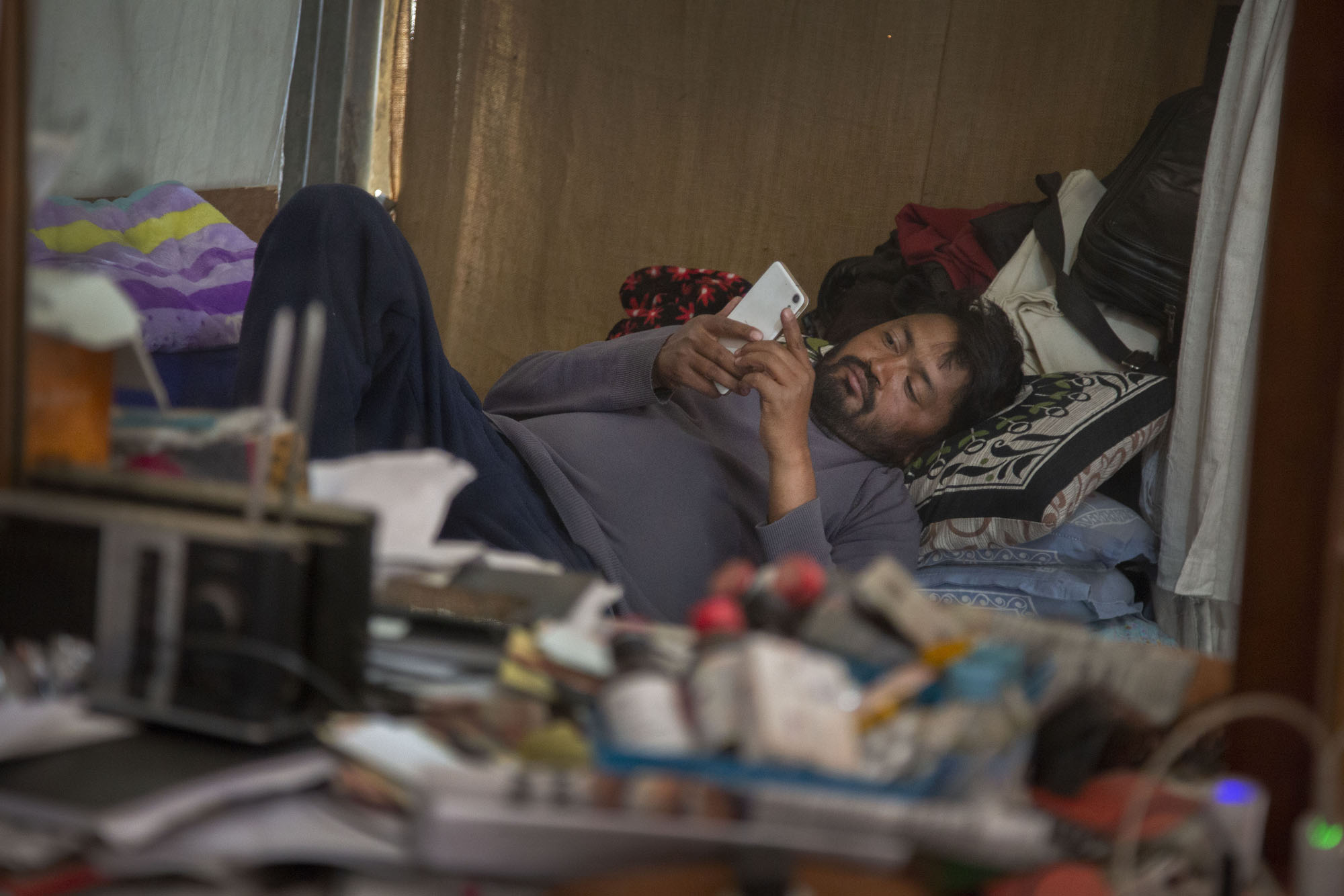
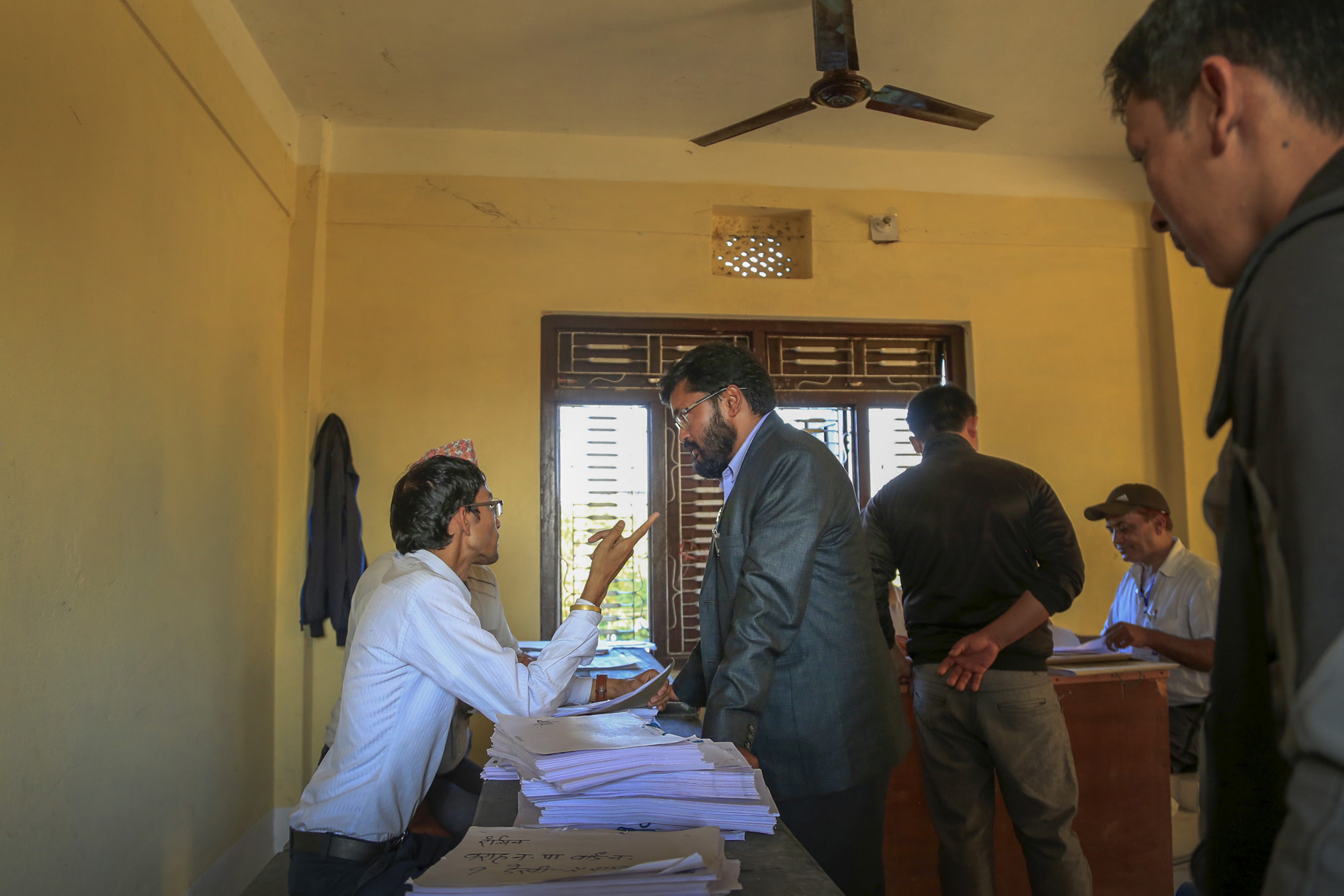
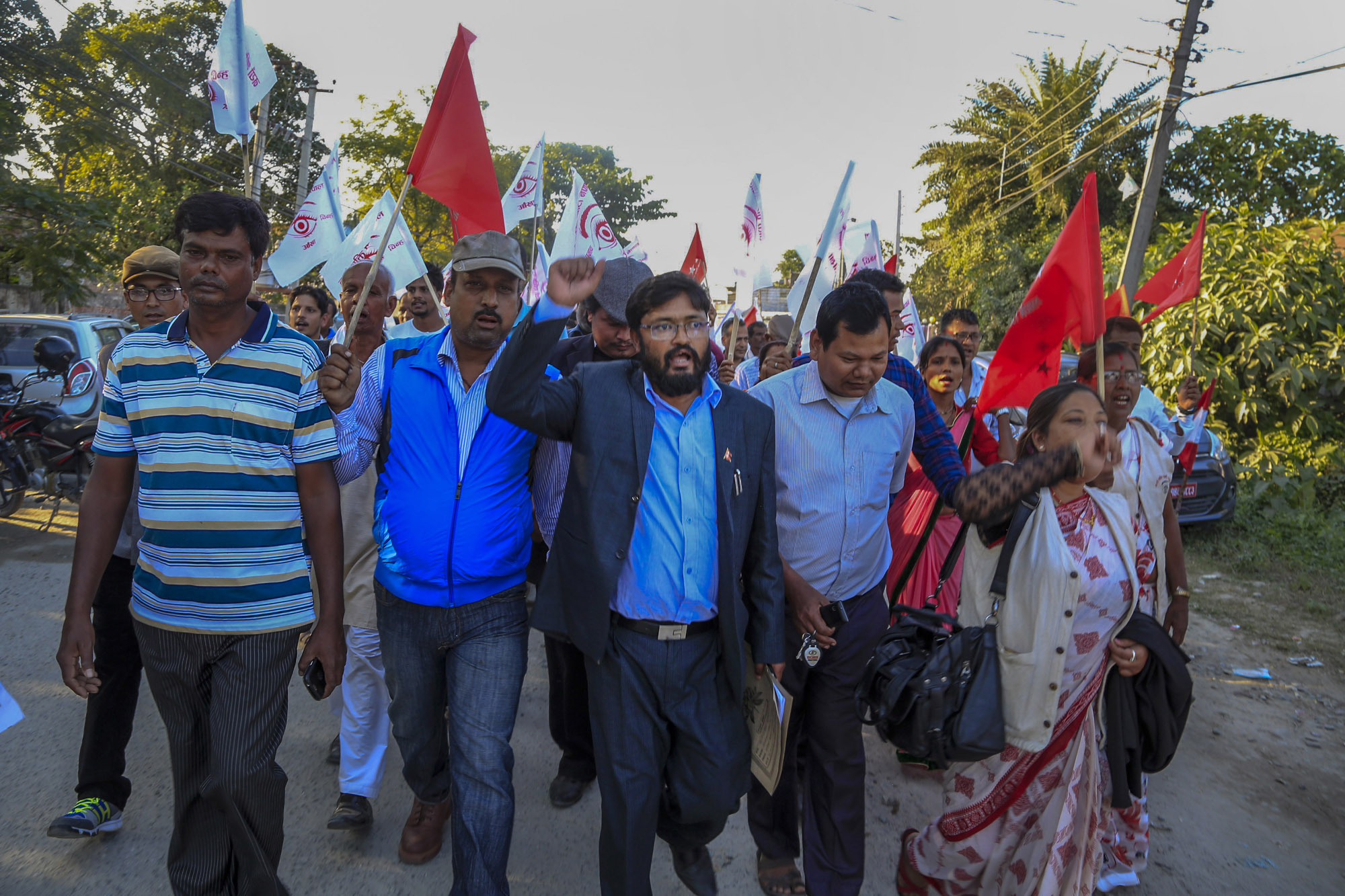
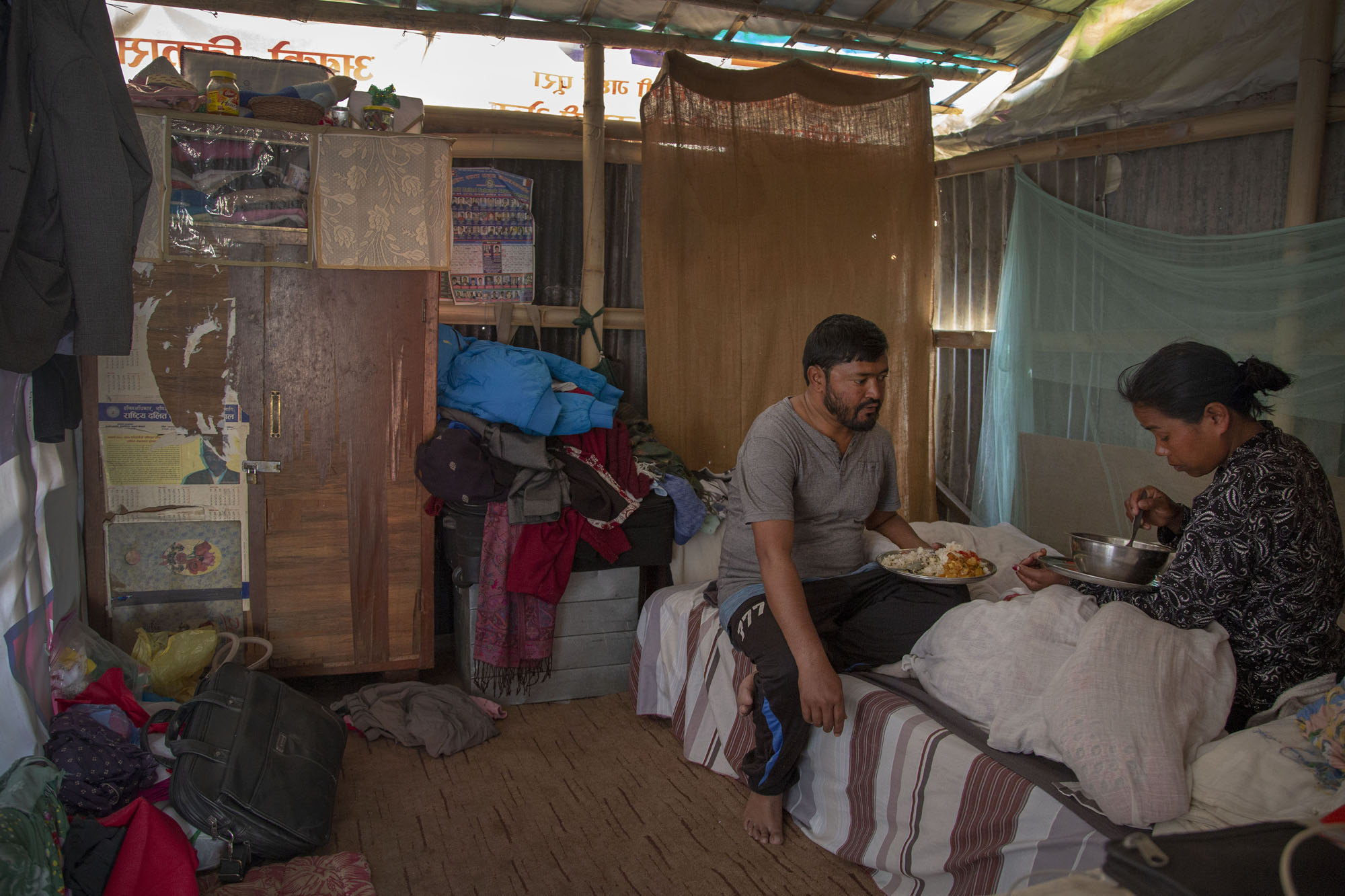
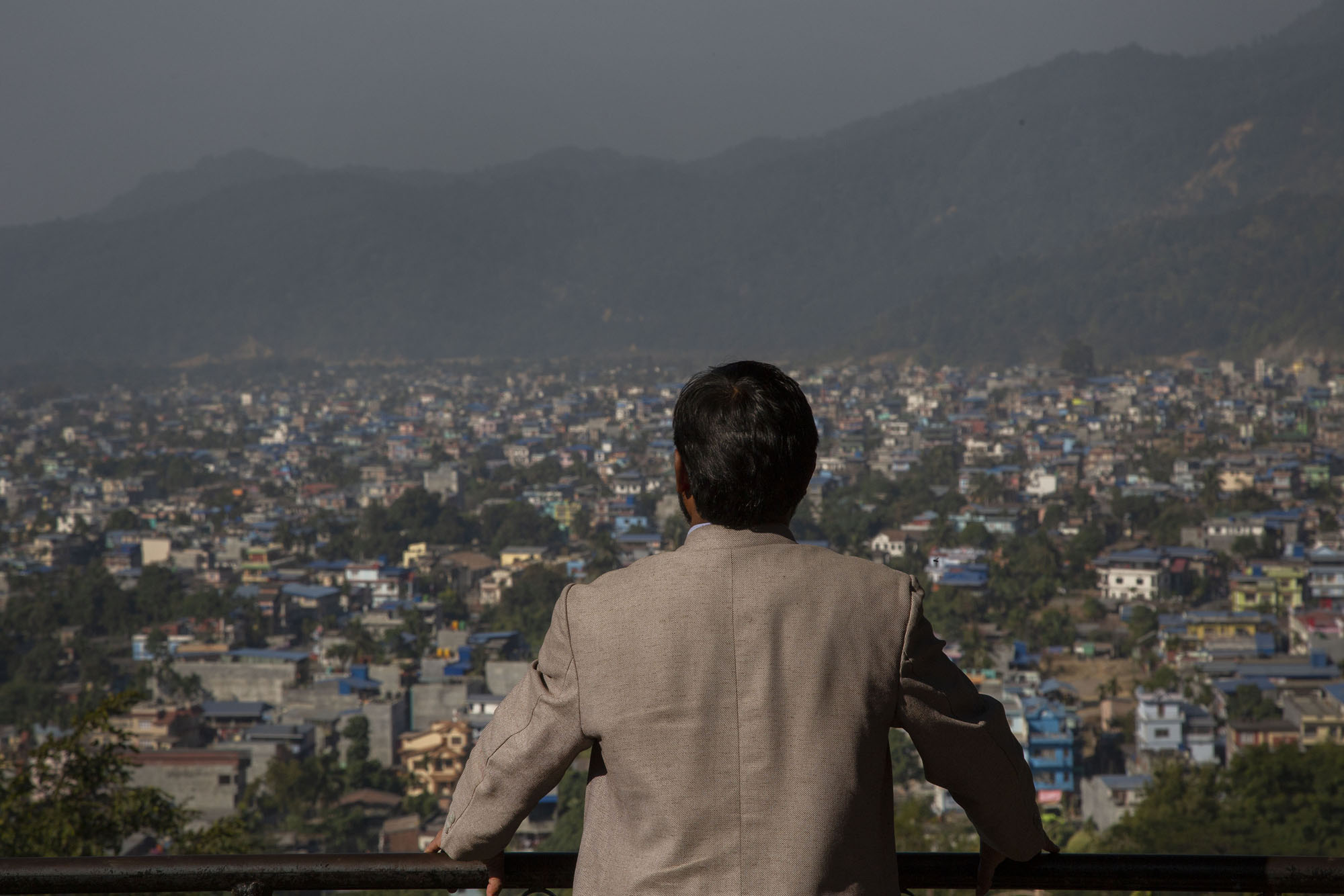
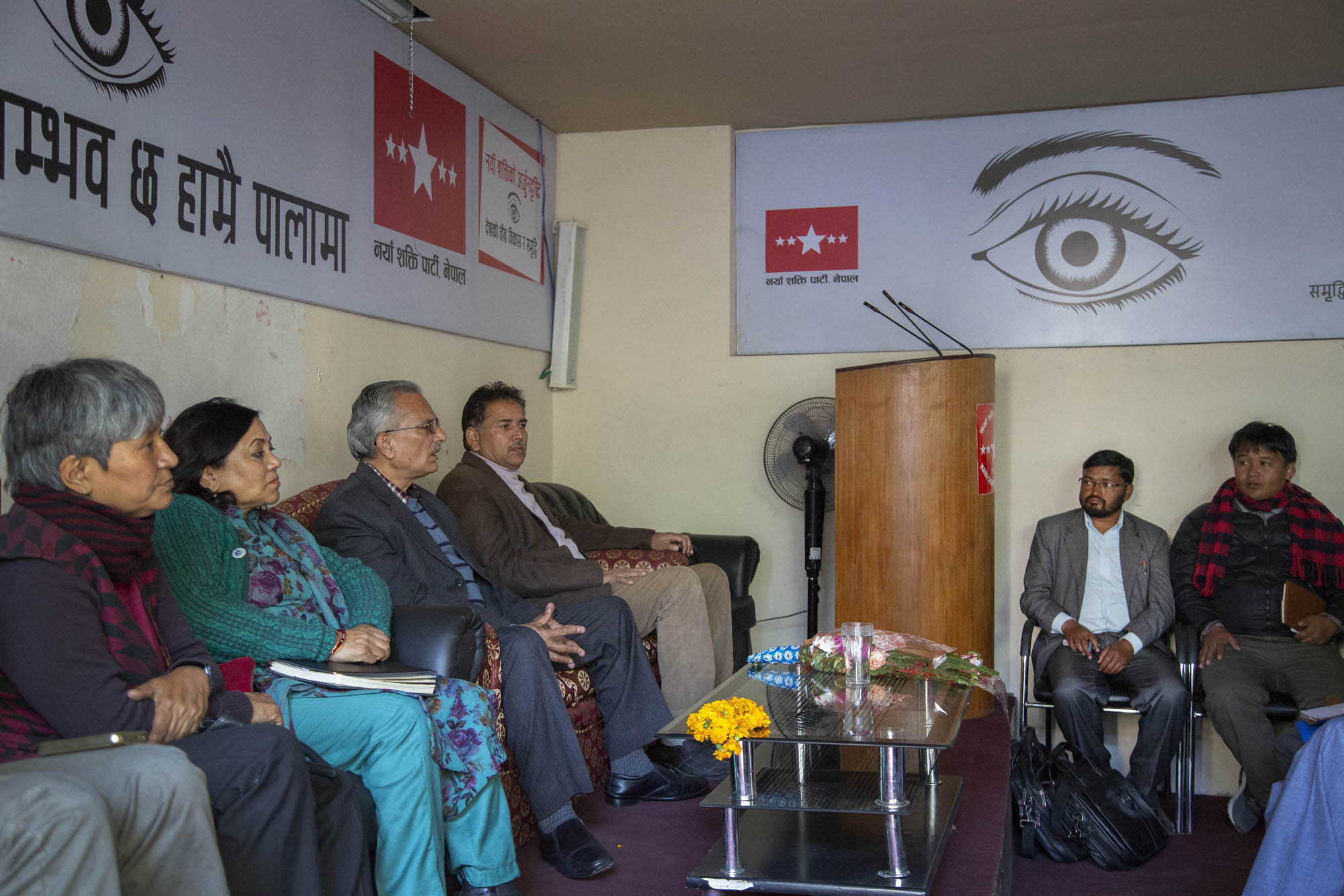




 9.89°C Kathmandu
9.89°C Kathmandu.jpg)
